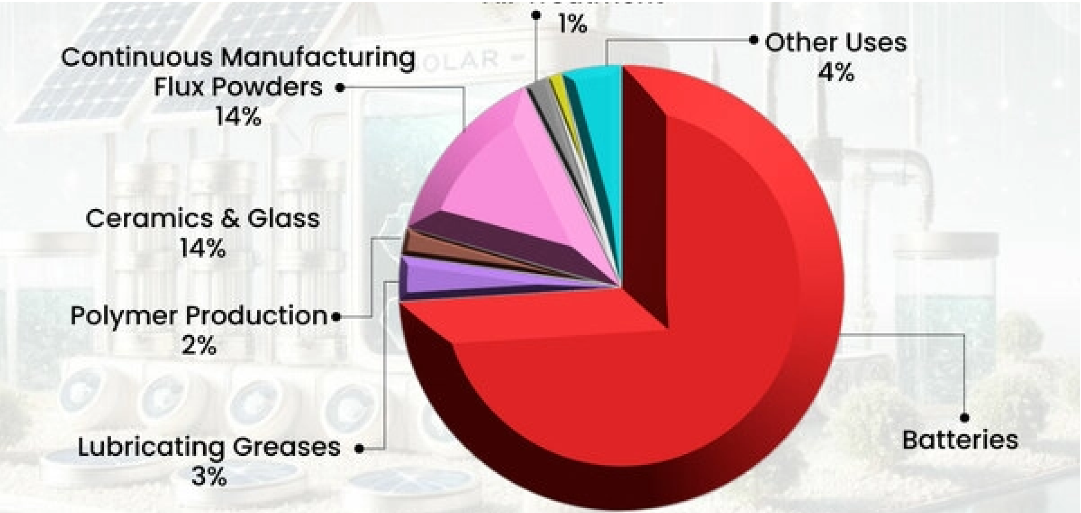AI Reinvents Energy Efficiency in Building Designs 2025: A Novel Approach to Clean Energy Transition
In 2025, AI technology will change energy efficiency in buildings, marking another milestone in the shift towards renewable energy. With AI, Building Management Systems (BMS) can now guarantee energy monitoring and optimization, which minimizes waste and lowers costs to a greater degree.
One of the main features of AI in 2025 is its application in heating, ventilation, and air conditioning (HVAC) systems. In traditional systems, HVAC comprises a large percentage of energy consumption. AI systems learn from IoT sensors to "understand" when a room is occupied and control the temperature to save energy while keeping people comfortable. A case study performed at 45 Broadway, Manhattan, showed that implementing BrainBox AI reduced HVAC energy consumption by 15.8%. This saved $42,000 annually while decreasing carbon dioxide emissions by 37 metric tons.
Besides HVAC, AI also improves innovative energy management by intelligently scheduling energy-consuming activities. AI systems can take care of heating and other activities during the day when energy is cheaper, thus using real-time data to reduce costs. Moreover, with AI live monitoring, energy waste, and equipment failures can be detected and dealt with promptly, eliminating abnormal expenses. AI also provides predictive maintenance, foreseeing failures in systems like air conditioners and heaters, enabling prompt action.
AI has extended itself to lighting systems as well. AI systems ensure that artificial lights are off when there is sufficient external light or the room is not occupied, thereby sparingly using energy. Such an approach is cost-efficient and ensures that building occupants always have the right lighting balance.
AI's impact on energy efficiency in buildings affects the energy system. AI improves grid control by balancing power consumption and the volatile supply from renewable sources, such as wind and solar energy. It helps prevent grid instability by managing the energy storage systems, enabling the stored excess renewable energy to be released when needed to provide a steady energy supply.
AI's implementation in energy management for buildings will not be without obstacles in 2025. AI implementation necessitates substantial initial investment and necessitates high-quality data to be effective. AI may not produce the anticipated outcomes without appropriate integration and ongoing maintenance.
Despite these obstacles, AI's potential advantages in improving buildings' energy efficiency are substantial. In addition to optimizing and automating architectural design processes, AI's capabilities can considerably improve energy audits' efficiency and enhance building operations. This has the potential to result in a significant decrease in carbon emissions and energy consumption. Artificial intelligence (AI) has the potential to decrease energy consumption and building emissions by 8–19%, according to research.
In conclusion, 2025 is a year in which AI is at the vanguard of improving the energy efficiency of buildings. Along with optimizing energy consumption, its integration into various building systems is essential for the global transition to renewable energy. The implementation of AI technology in building energy management is anticipated to expand as it continues to evolve, thereby contributing to reducing carbon footprints worldwide and achieving sustainability objectives.

